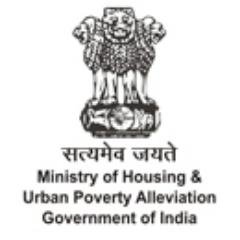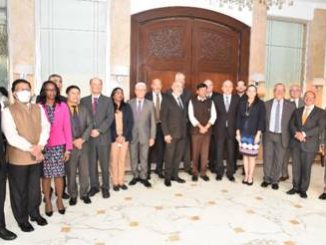
Alongside India building an unenviable reputation of being the pharmacy of the world supplying reliable and affordable medicines to over 200 countries, lesser known fact is that the country has become heavily import dependent on China when it comes to many essential and large volume drugs making us vulnerable to sudden disruption of supplies, an exhaustive ASSOCHAM study on “Pharmaceuticals Sector in India: Challenges faced & Suggested Way Forward” has cautioned.
“One of the perceptible challenges before the Indian pharmaceutical industry is the gradual erosion of domestic manufacturing capacity for certain keys APIs (Active Pharmaceutical Ingredients) and their advanced intermediates”, said Mr Umang Chaturvedi Co-Chairman, ASSOCHAM National Council on Drugs and Pharmaceuticals & Global Head–Corporate Affairs, Ranbaxy Laboratories Limited, Ms. Manisha Singh, Head of Corporate Law Group and Mr D.S. Rawat, Secretary General, ASSOCHAM.
“Over a period of time, Indian players have steadily migrated up the value chain to focus on value–added formulations with higher margins. As a result, India is today severely dependent on imports for many essential and large–volume drugs,” reveals the ASSOCHAM study.
It said since bulk of this large volume but essential comes from China, “Needless to say, that this lack of self–sufficiency poses significant risk, given that most of India’s drug imports are concentrated in China. Any deterioration in relationships with China can potentially result in severe shortages in the supply of essential drugs to the country”.
While the Indian pharmaceuticals industry has made us proud by giving head on competition to some of the top multinational companies in most parts of world, not many us realised that like several other things we are import dependent, that too on China that runs a worrying size of trade surplus against India.
Additionally, China could easily increase prices of some of these drugs where it enjoys virtual monopoly, further noted the ASSOCHAM study.
Moreover, this risk extends beyond the domestic market to the export markets, as Chinese pharmaceutical companies, that have traditionally focused on large–volume intermediates and unregulated markets are beginning to “forward integrate”, and are increasing focus on exports to regulated markets.
“This emerging trend is underscored by the recent improvements in local Chinese GMP and quality standards, acceleration in the number of manufacturing sites approved by the United States Food and Drug Administration (USFDA), and recent filings of Abbreviated New Drug Applications (ANDAs) by Chinese companies. Given their dominance in intermediates and API manufacturing, Chinese pharmaceutical firms can pose a serious competitive threat to their Indian counterparts, once this trend picks up”, highlighted the study.
The ASSOCHAM study said it was time that key drug categories that address disease areas with significant burden in India are identified. India should also promote the setting up of vertically integrated manufacturing facilities for essential drugs, at a competitive scale. Old infrastructure of sick PSUs may be leveraged in this regard, through public–private partnerships.
“Utilize capacities of public sector undertakings (PSUs) like Indian Drug & Pharmaceutical Limited etc that invested in manufacturing infrastructure required for many of these APIs and intermediates.”
For long term, the Government could offer fiscal incentives during the formative years to encourage setting up of large–scale pharma and chemical clusters in close proximity to each other to enable companies to build scale and vertical integration, the study said.
One of the biggest drawbacks of the Drugs & Cosmetics (Amendment) 2013 (Bill), was introduced in the Rajya Sabha on August 29, 2013. The bill has been drafted with a unilateral focus on enforcing the strictest of liabilities on the producers and importers of pharmaceutical products without considering whether such liabilities may be warranted or not.
Strict punitive actions prescribed under the Bill should be made commensurate with the offences committed. Further, provision for compounding of certain minor offences should be made as currently under the Bill there is risk of imprisonment for minor technical non-compliances even if committed without intention and /or knowledge.
On the other contentious issue of clinical trials, the study said, “There is an urgent need to allay the myths around clinical trials – clinical trials are not unsafe and are not conducted in India only because of cost effectiveness, patient vulnerability and lack of regulatory safeguards. Patients/subjects across the globe take an informed decision to participate in clinical research after made fully aware of the potential benefits and risks involved and clinical research is carried out in a highly regulated environment.”
On price controls, it said a regulatory framework for pricing of drugs should be put in place so as to ensure availability of required medicines – “essential medicines” – at reasonable prices even while providing sufficient opportunity for innovation and competition.







Leave a Reply
You must be logged in to post a comment.